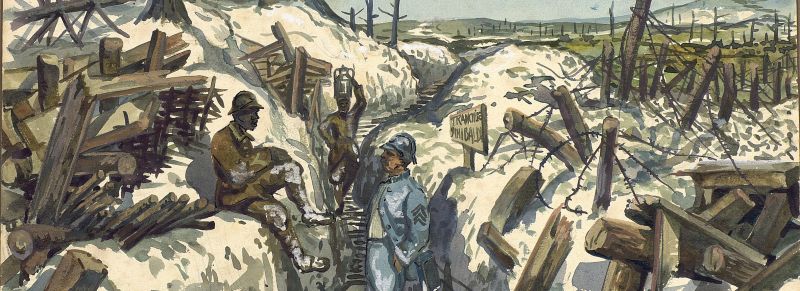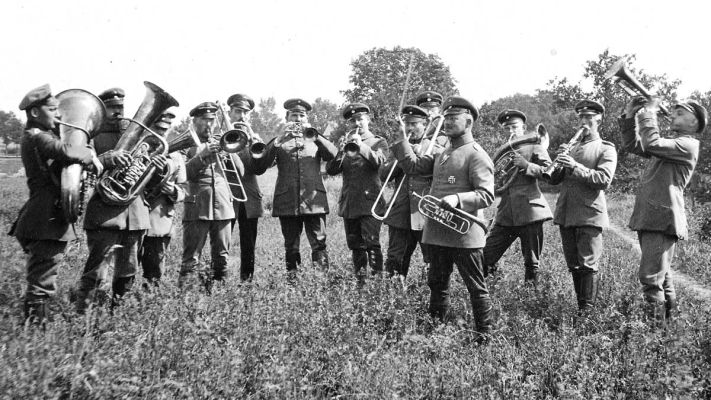In 2018 Europeana is running a campaign to commemorate the centenary of the end of the First World War. It will encourage public participation with and foster a connection to cultural heritage content through a centenary tour of on and offline events and activities. This campaign will build on and highlight the work of Europeana 1914-1918 since its start in 2011. This campaign is also closely linked to the European Year of Cultural Heritage.
After seven years of successful and intense crowdsourcing, content gathering and community building throughout the continent, Europeana 1914-1918 has built up a unique position in the World War One commemoration landscape and one of the most successful community-centric services of Europeana to date. With contributions from events in Lisbon to Riga and in Nicosia to Dublin, Europeana 1914-1918 is the only source where you can find material and stories from different countries and perspectives. And most of the material is explicitly made available for re-use.
The Europeana 1914-1918 Centenary Tour has started with the launch of a new online exhibition Visions of War, which brings together archive material from Europeana 1914-1918 and artworks held in museum collections. Every month we will highlight a different part of the Europeana 1914-1918 collection. We have kicked off in March with a focus on Denmark and related content. In April Luxembourg and related content are highlighted. In May the National History Museum in Athens will be hosting a Transcribathon. Keep an eye on our specially dedicated social media (Facebook and Twitter) for the latest information about activities and events.
The Europeana 1914-1918 Centenary Tour 2018 is organised by Europeana, Facts & Files and partners from all over Europe.


